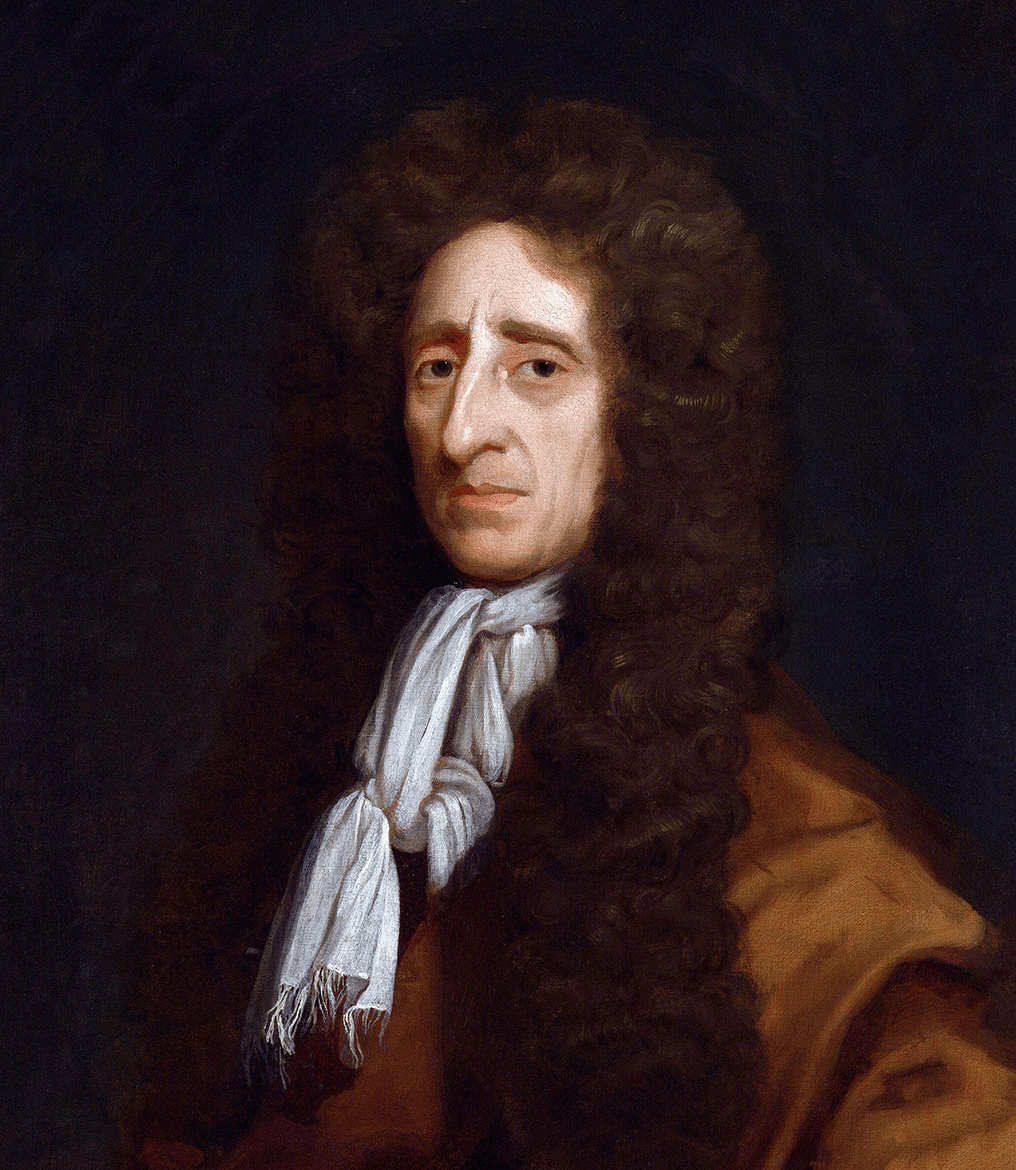Realism
5.3 Setting the scene: Locke’s Essay

John Locke, by Michael Dahl
Ian Dagnall / Alamy
The main reading for this unit is a selection from John Locke’s Essay Concerning Human Understanding.
Locke (1632–1704) was one of the great philosophers of the so-called ‘modern’ period (that is, the seventeenth and eighteenth centuries). His most influential work is in epistemology, metaphysics and political philosophy. Locke’s Essay, one of the masterpieces of Western philosophy, was published in 1690.
The article on Locke in the Oxford Dictionary of National Biography contains a detailed description of his life and some information about his philosophy. You can read more about Locke’s philosophy in the entry ‘John Locke’ on the Stanford Encyclopedia of Philosophy website.
Locke was an empiricist: he thought that all knowledge is derived from or justified in terms of the experience of the senses. In other words, if you want to explain how you know that there is a dog in the garden, for example, the explanation must appeal to your experience (hearing the dog, seeing it, etc.).
The same is true of all knowledge, according to Locke. Any knowledge we have at all, no matter how complex, must ultimately be derived from our experience of the world. Empiricists traditionally deny that any knowledge is a priori.
Locke thought of our knowledge in terms of what he called ‘ideas’. Locke’s use of the word ‘idea’ is unusual for a modern reader. He defines an idea as:
‘whatever the mind perceives in itself , or is the immediate object of perception, thought, or understanding’.
Ideas may be ‘simple’ or ‘complex’. All simple ideas come from sensory experience (what Locke calls ‘sensation’). The idea of red, for example, is a simple idea. The idea of a red shoe, by contrast, is a complex idea – it is made up of the simple idea of red and the idea of a shoe.
Another important view in Locke’s Essay is the ‘corpuscular’ theory of matter. This is the view that all matter is composed of tiny particles (‘corpuscles’), and that all the behaviour of matter can be explained in terms of the motion of these particles.
The text you are about to read is a very important part of the Essay, where Locke defends the distinction between primary and secondary qualities. Note that ‘quality’ means the same as property, a philosophical concept we have already encountered in the previous unit, ‘Universals and particulars’
Primary qualities are those that objects have independently of any perceiver. They are the qualities – like size, shape, and motion – that objects have in themselves.
Secondary qualities are those that are dependent on perceivers. Locke argues that colours, tastes and smells are secondary qualities.
If Locke is right, then the world contains more mind-dependent features than we might have previously thought. To this extent, realism is not true about everything in the world.
Discussion activity: ‘Is a red rose red in the dark?’
To start to get an idea of the main issue here, ask yourself this question: 'Is a red rose red in the dark?' What is your knee-jerk response to this? Do you think that things retain their colours in the dark, but we can’t see them? Or do things only have colour when light is shining on them? Post a comment on the 'Is a red rose red in the dark?' forum.
After having done this, you can move on to reading Locke.